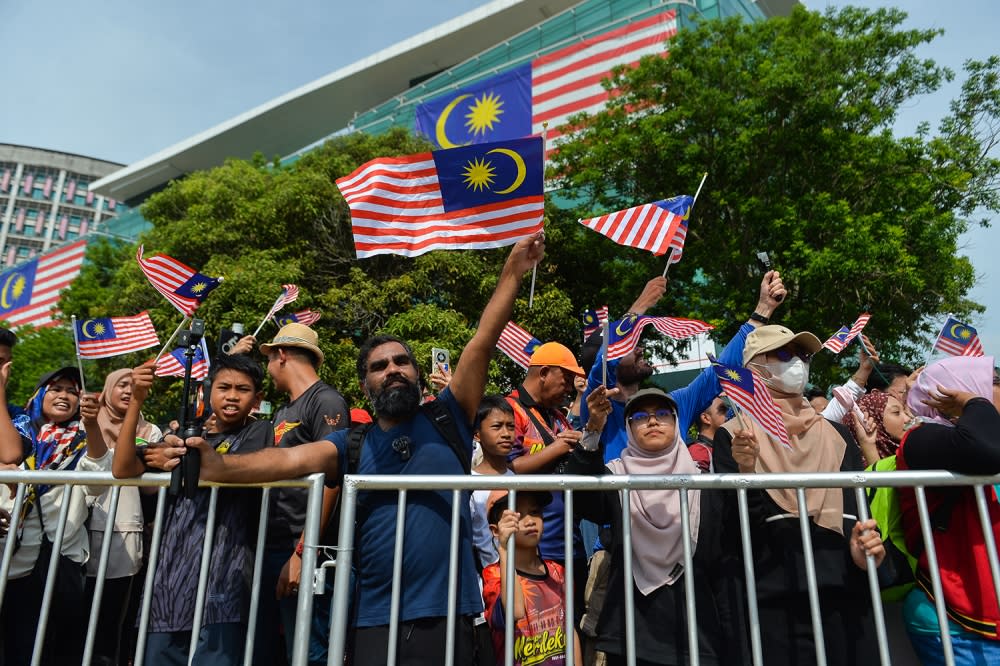 Malay Mail
Malay MailYou can’t beat the colonisers if you don’t understand them

JUNE 5 — Scrolling TikTok I came across a Malaysian responding to people criticising her, a Malay, for being able to speak Mandarin.
The gist of the nasty comments was why she was showing off her Mandarin when there were “many” Chinese people unable to speak Malay.
It boggles the mind a little, this perception that there is a sizable number of Chinese people unable to speak Malay and the inevitable comparisons with Chinese Indonesians.
In reality most local Chinese do speak Malay but with various levels of fluency.
Yet those same people complaining about the so-called Cina tak pandai cakap Melayu (Chinese who can’t speak Malay) are also ignorant about the May 1998 riots in Indonesia as well as the fact that Chinese Indonesians were forced to drop their ethnic names as well as barred from speaking their mother tongues.
It was only after 1998 that the ban on Chinese culture and languages was dropped.
Fast forward to the 2020s when an Indonesian public school went viral for its student choir being able to sing popular Mandarin tunes fluently.
In Indonesia, Mandarin classes at government schools are open to all races.
Contrast that to Malaysia where for some reason only ethnic Chinese typically take them and usually because religious subjects are scheduled in the same time slots, making it impossible for Muslim students to enrol in said classes even if they want to.
I still can’t forget the tale of a local Malaysian refusing to attend a play in English, saying it was bahasa penjajah (coloniser language).
The British have a lot to answer for but sweetheart, you can’t call them out for that if they don’t understand what you’re saying.
It’s also not a flex to randomly yell at white people “Mak kau hijau!” (Literally, ‘Your mother is green’, a strange colloquial insult that perhaps only Malaysians can understand).
Speaking a foreign language in an angry tone is only effective when in France, where supposedly French-speaking only natives will remember they can speak English after all.
The average Malaysian is usually bilingual and that’s actually an advantage in a world where we can’t fight the reality of globalism.
Whatever happens elsewhere affects us too, whether it’s in Russia, Ukraine, Palestine or China.

The average Malaysian is usually bilingual and that’s actually an advantage in a world where we can’t fight the reality of globalism.— Picture by Miera Zulyana
I recently found out that one reason flights have gotten more expensive is that most airlines now no longer fly in Russian airspace and that means longer routes.
We would be at a disadvantage if we continue to look inward and not see that the global market is where it’s at but at the same time, must trade always dictate our dealings with other nations?
I worry for our fishermen and how much longer they will remain able to ply their livelihoods with China claiming every inch of the South China Sea.
With the future in mind, Malaysians need to embrace the way of the polyglot so we can at least tell other countries that it can’t be free trade for you, but protectionism when we do it.
It is, after all, undeniably satisfying to be able to know a hundred ways to politely (or not so politely) say: “Piss off!”
* This is the personal opinion of the columnist.


